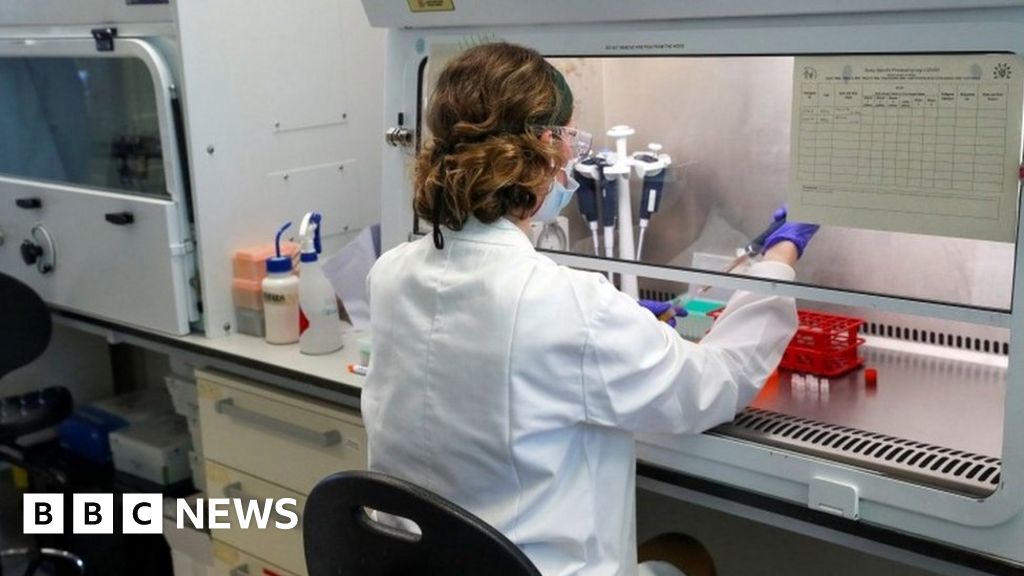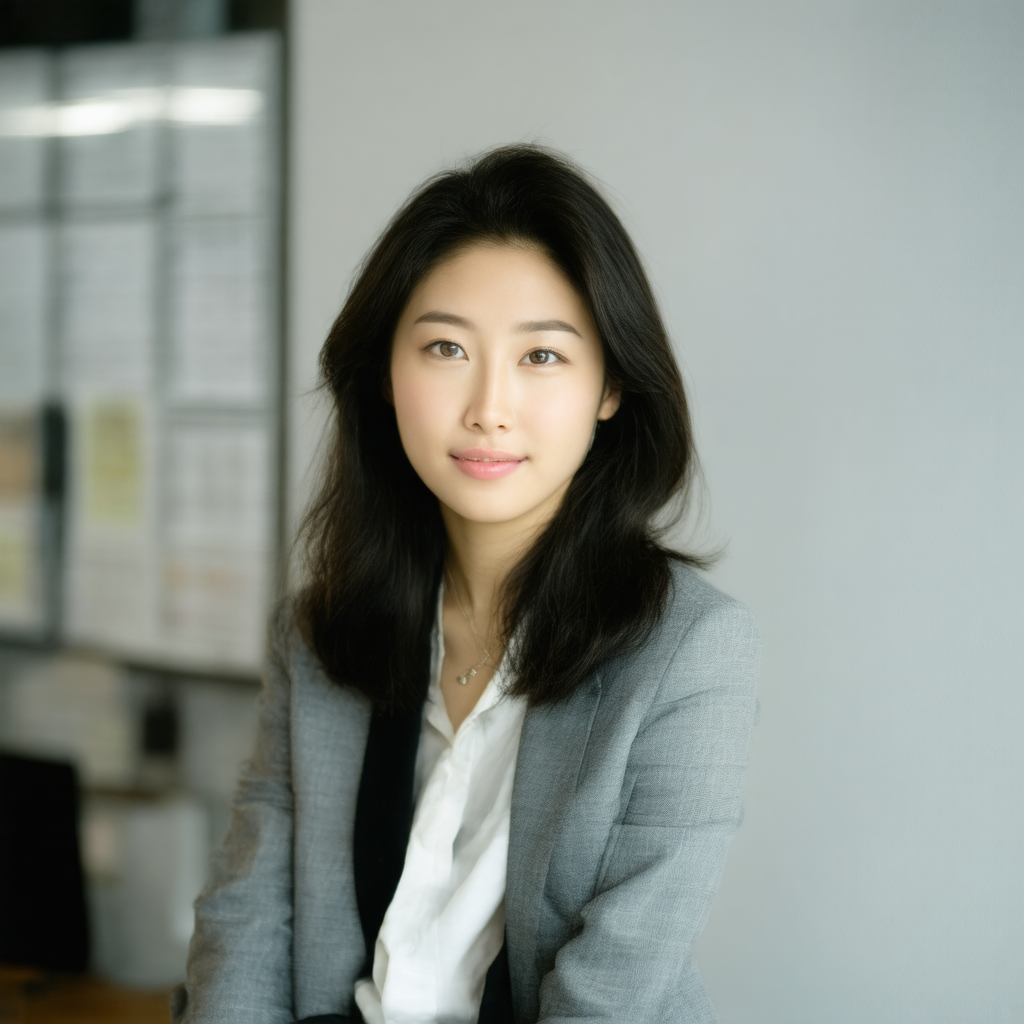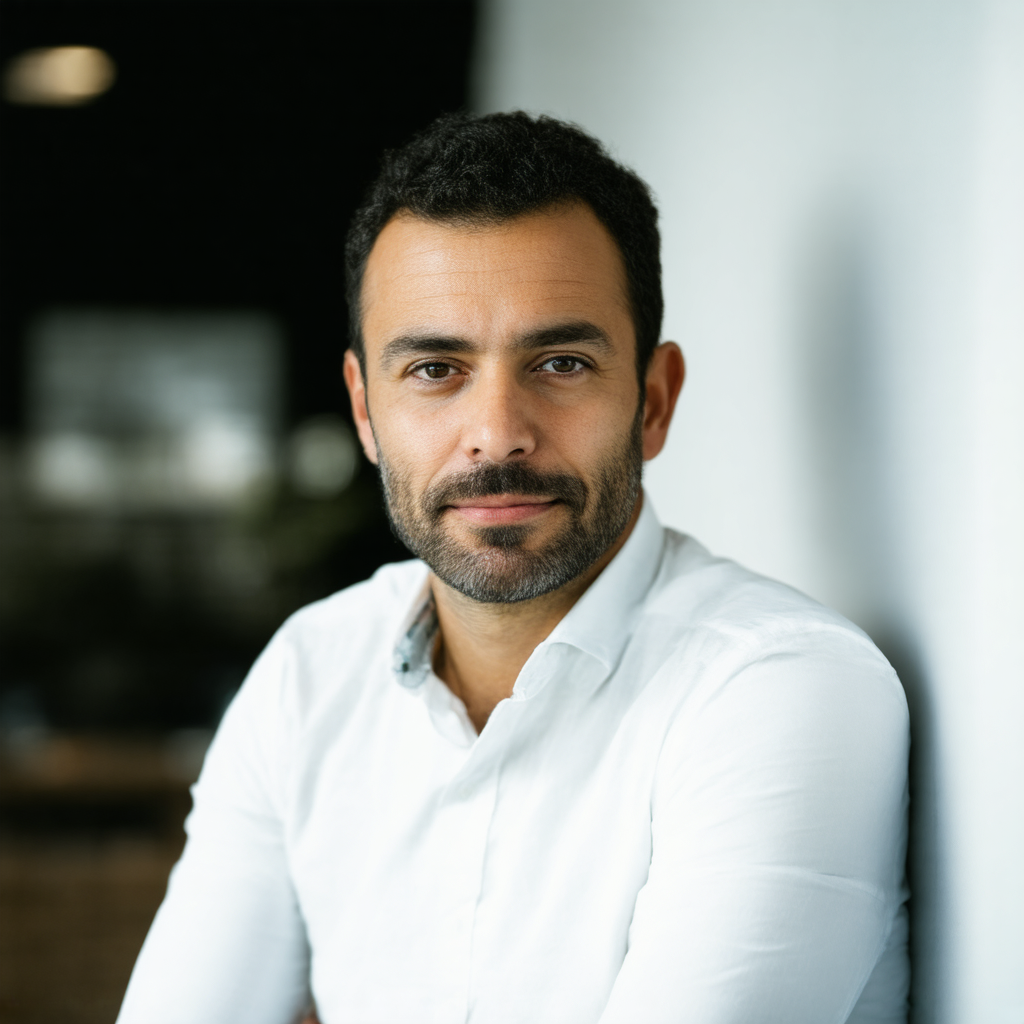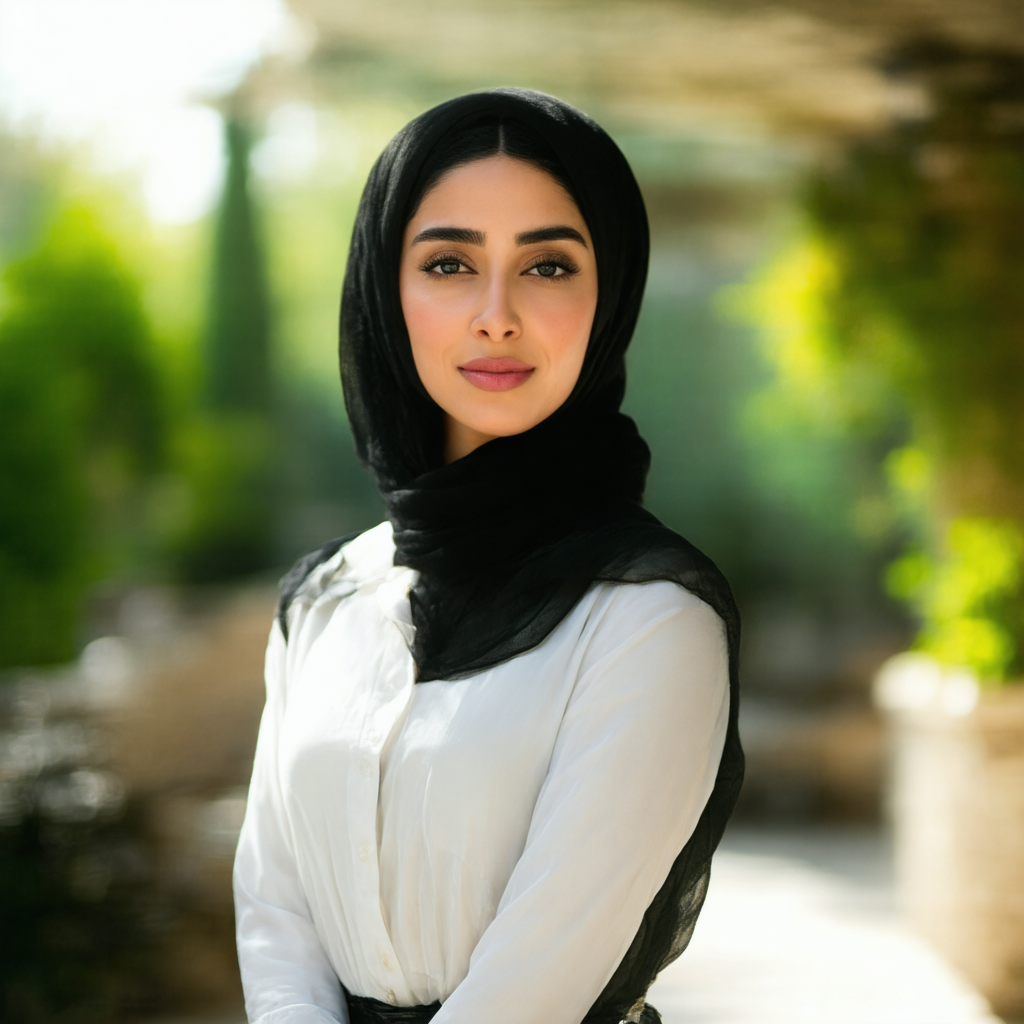
The Oxford coronavirus vaccine trial was temporarily halted earlier this week after one of its participants fell ill, sparking concerns about the safety and transparency of large-scale clinical trials. While officials have not yet confirmed whether the illness is directly linked to the vaccine, the incident has reignited debates about the ethics of rapid vaccine development and the need for rigorous oversight in a global health crisis.
For months, the Oxford-AstraZeneca vaccine has been at the forefront of the international effort to combat COVID-19. With over 20,000 participants across multiple countries, the trial represents one of the largest and most ambitious attempts to develop a coronavirus vaccine. But as the world watches, questions about safety protocols, informed consent, and equitable access continue to surface.
The suspension of the trial came just days after the volunteer experienced what has been described as a “severe adverse event.” While clinical trials are designed to monitor such events carefully, the lack of detailed information released to the public has raised eyebrows. Advocacy groups and ethicists have called for greater transparency in how adverse events are reported and handled.
“Vaccine development is inherently risky, but the stakes could not be higher,” said Dr. Sarah Johnson, a bioethicist at University College London. “The public needs to trust that these trials are conducted with the utmost care and integrity.”
As the trial pauses, advocates for global health equity worry about the broader implications of prioritizing certain populations over others. While wealthy nations have already secured millions of doses through pre-purchase agreements, low-income countries remain on the backburner.
“Until we address the systemic inequities in vaccine distribution, any progress made will only benefit a privileged few,” said Dr. Anika Rahman, co-founder of Health Equity Now. “This is not just about science—it’s about justice.”
The Oxford trial pause also comes at a time when public trust in vaccines is already fragile. Misinformation and political polarization have further complicated the task of ensuring widespread vaccination.
“We need to communicate clearly and honestly with the public,” said Dr. Michael O’Neill, a virologist at the London School of Hygiene & Tropical Medicine. “If we don’t, the consequences could be dire.”
As scientists work to determine whether the vaccine is safe for broader use, one thing is clear: the stakes are higher than ever. The world is waiting, hoping that this critical moment in medical history will lead not just to a cure, but to a more equitable and transparent approach to global health.
About the Author:
Tobias Müller is Multimedia Producer at our publication. Journalist and multimedia producer with a focus on European youth movements and digital culture. Tobias uses innovative storytelling techniques to engage younger audiences.
 Journalist and photographer with a focus on Middle Eastern youth and their cultural contributions. Aisha’s work bridges traditional and modern storytelling in the region.
Journalist and photographer with a focus on Middle Eastern youth and their cultural contributions. Aisha’s work bridges traditional and modern storytelling in the region. Writer and researcher specializing in Asian arts and migration stories. Bella’s work explores how young Asians are shaping global culture through their experiences.
Writer and researcher specializing in Asian arts and migration stories. Bella’s work explores how young Asians are shaping global culture through their experiences. Reporter with a background in investigative journalism, focusing on human rights and social justice. Luis has worked across Latin America and Europe, uncovering stories that resonate globally.
Reporter with a background in investigative journalism, focusing on human rights and social justice. Luis has worked across Latin America and Europe, uncovering stories that resonate globally. Sarah is a seasoned journalist with over 15 years of experience in global news and media. She has led teams in some of the world’s most challenging reporting environments, bringing a vision for storytelling that connects cultures and empowers voices.
Sarah is a seasoned journalist with over 15 years of experience in global news and media. She has led teams in some of the world’s most challenging reporting environments, bringing a vision for storytelling that connects cultures and empowers voices.